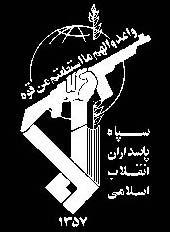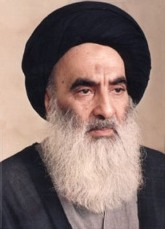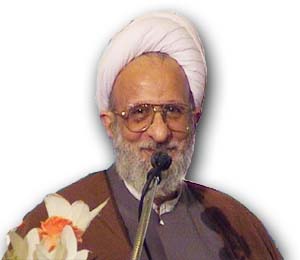Iranian elections a rejection of the Western Imperialism
Unlike the Presidential elections, turnout for the Assembly of Experts and municipal council elections in Iran is usually low. In 2002, just 12% of the electorate voted in the municipal council elections. Therefore the 60% turnout last Friday is staggering. The record turnout in Iran undoubtedly was a response to the United States, whose President, George Bush, encouraged Iranians not to vote as a sign of protest against the Islamic Republic, as did the US sponsored MKO cult and Shahists. Thus the elections not only proved that Iran has a vibrant democracy, equal to any in the West, it was a rejection of Western imperialism: Iranians firmly demonstrated their continued commitment to the Islamic revolution and the Velayat-e faqih.
Early indications show that the pro Faqih (Ayatullah al-Uzma Khamenei) Conservative wing has trounced the Reformists. Despite the reformist wing forming a single coalition, they were still unable to take a single council. Conversely, the Conservatives, who were broadly divided into two factions dominated the municipal council elections. The Conservatives have won a massive majority on the Tehran municipal council, which is divided by supporters of the Tehran Mayor Qalibaf and President Ahmadinejad. In effect, President Ahmadinejad's supporters are now the largest opposition to the Mayor on the Tehran council. The reformists have once again been pushed into the political wilderness.
Moreover, former President Ayatullah Akbar Hashemi Rafsanjani, who was defeated by President Ahmadinejad in the 2005 presidential election was resoundingly elected to the Assembly of Experts, as was his rival Ayatullah Mohammad Taqi Mesbah Yazdi, yet both are conservatives, which demonstrates that Tehranis have rejected reformism. This is a stinging rebuke for Ganji, the current darling of the MKO and the West, and for the Argentinian Government that have both made unsubstantiated allegations of Ayatullah Akbar Hashemi Rafsanjani involvement in political assassinations and terrorism, whilst he was President of Iran.
Much to the consternation of the Western imperialists, the biggest winner of these elections was the Faqih and the conservative movement that now dominates Iranian politics. There are healthy political disputes within the conservative camp but the reformist movement has wilted. This is unsurprising, Ahmadinejad has achieved more in a year, than the reformist did in eight. Three years of negotiations with Western imperialists over the nuclear issue led to nothing but Iran's three year voluntary suspension of its nuclear energy programme. Ahmadinejad's rejection of appeasement has brought dividends; Iran has completed the nuclear cycle and is now enriching uranium.
Reality is not changed through its denial. Western support for regime change is as forlorn as it is insipid; Iran is not about to abandon the Islamic revolution or Velayat-e faqih and will resist Western imperialism.








3 comments:
Thank you Basam. They think Akbar Shah will be the supreme ruer one day (Allah forbid) and that they can make a deal with him instead.
"Sometime in the future, Iran will become a Western-style democracy. Iranians will look at Ayatollah Khomeini much as Englishmen today look at Oliver Cromwell."?
Sometime in the future, is that the immediate future or distant future?
The first part of the question: I would dispute the term "Western democracy", I prefer "Western liberalism"; Iran is after all already a constitutional democracy. Other than this, I agree with Zhale: Iranian solutions to Iranian problems.
The second part of the question: Imam Khomeini (ra) is still revered as ever he was; this is not going to change in the foreseeable future. However, in Iran today rival political ideologies will cling to the teaching of Imam (ra) to validate their positions.
"About 200 years in the future, if England is anything to go by."
In a 150 years times I might be able to answer that question.
View of Cromwell are not static. The popular view of Cromwell today is different to the one fifteen years ago. The more remote the past the more disconnected from it we are.
Post a Comment